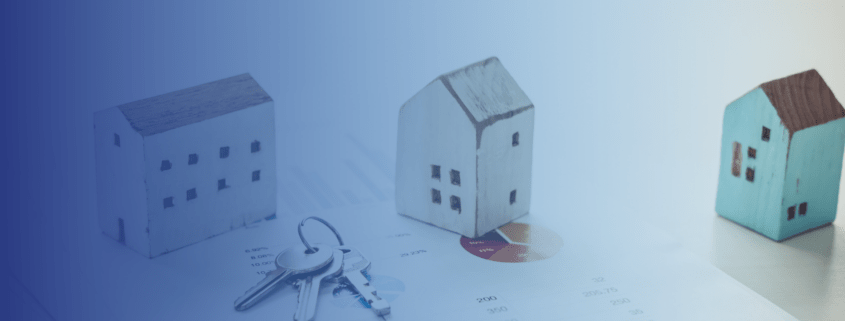Capital Gains Tax Exemptions for Non-Resident French Citizens
If you are a non-resident taxpayer considering selling a property in France, you may wonder under what circumstances you could benefit from an exemption from capital gains tax.
What is a French tax resident?
A French tax resident, according to Article 4B of the General Tax Code (CGI), is someone who meets one of the following conditions:
- They have their tax domicile in France, meaning they reside there habitually. If you live habitually and permanently in France with your spouse (or partner in a civil union) and possibly your children, then your tax home is in France. In the absence of a tax home, your main residence is determined based on your actual presence in France.
- They carry out their main professional activity there: If you spend the most effective time on a professional activity in France, then this activity is considered your main activity in France.
- Or they have the center of their economic interests there: If income from French sources exceeds that from foreign sources, this indicates that the center of economic interests of this person is in France.
In other words, if a person meets any of these conditions, they are considered a tax resident in France and are subject to French income tax on their worldwide income.
Regarding the sale of a residence, there are two cases:
- An old main residence;
- A property that was not a main residence.
Conditions for full exemption from capital gains tax when selling an old main residence
If you are planning to sell an old main residence, it is important to understand the conditions that allow you to benefit from a full exemption from capital gains tax, including income tax and social security contributions.
Firstly, to be eligible for this exemption, the property must have been your main residence on the date you transferred your tax domicile out of France. This means that the property must have been the place where you habitually and permanently resided.
Additionally, you must directly own the property or own it through a partnership to be eligible for this exemption. It is also important that your current tax residence country has signed an administrative assistance agreement with France to combat tax fraud.
The sale of the property must be completed no later than December 31 of the year following the transfer of your tax domicile out of France. It is also important to note that the property must not have been rented or loaned (for free) since your expatriation.
Finally, it is crucial not to have already benefited from the €150,000 exemption from capital gains tax when selling a property after your expatriation to qualify for this full exemption from capital gains tax.
Conditions for partial exemption from capital gains tax when selling a property that was not a main residence
When considering selling a property that was not your main residence at the time of your expatriation, it is essential to understand the conditions that may allow you to benefit from a partial exemption from capital gains tax. You will be exempt up to €150,000.
To be eligible for this exemption, several criteria must be met. Firstly, the sale of the property must be completed no later than December 31 of the 10th year following the transfer of your tax domicile out of France. However, this deadline condition can be waived if you have had free disposal of the property since January 1 of the year preceding the sale.
Additionally, you must be a citizen of an EEA state (European Union, Norway, Iceland, and Liechtenstein) and have been tax resident in France continuously for at least two years at any time prior to the sale.
It is also important to note that you must directly own the property, i.e., not through a partnership. Furthermore, you must not have already benefited from the capital gains tax exemption when selling your former main residence.
This exemption is limited to one property per taxpayer and €150,000 of taxable net capital gains from January 1, 2014 (€300,000 for a property owned equally by a couple).
If you are a non-resident taxpayer considering selling a property in France, it is crucial to understand the conditions for exemption from capital gains tax that may apply to your situation. Whether your property was your former main residence or not, different rules apply to determine the amount of exemption. By adhering to the specific criteria established by French tax law, you can optimize your tax obligations when selling your property. It is advisable to consult with a tax advisor or specialized professional for personalized advice on your particular situation.



